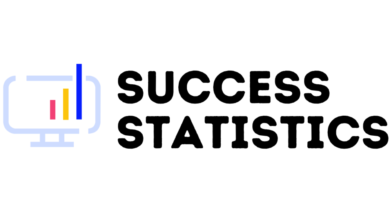40% of professionals highlight data analytics as a key skill for retention marketing success, reveals WebEngage report – Brand Wagon News

WebEngage’s State of Careers in Retention Marketing report reveals significant insights into career opportunities within the retention marketing domain, shedding light on the growing demand for professionals in this field.
The report, based on data collected from over 300 working professionals across various industries, highlights key trends shaping the career landscape in retention marketing
“The last few years have brought the subject of retention marketing to the spotlight. While retention is not a marketing problem, the typical flag bearers of retention metrics now have a stronger voice and a seat on the table – to point out issues affecting retention – whether it’s the quality of acquisition, product journey, post-purchase experience, customer support NPS
Data Analytics emerges as the top skill deemed crucial for success in retention marketing careers, with 39.6% of respondents emphasising its importance. Other essential skills include strategic thinking abilities (17.6%) and project management skills (17.2%). Interestingly, the report suggests that successful retention marketing professionals require a combination of skills typically associated with Chief Marketing Officers (CMOs), Chief Technology
The study also provides insights into salary trends within the retention marketing field. Professionals in leadership positions, such as heads of retention, can expect salaries ranging from Rs 50-70 LPA at brands with a turnover exceeding Rs 500 crores. Additionally, heads of retention and user engagement at large-scale gaming or entertainment brands may command salaries upwards of one crore.
Furthermore, the report explores the role-team mapping within organisations, revealing that 52.6% of respondents belong to marketing teams, while 31.6% are part of growth teams. This indicates the growing recognition of retention as essential to both marketing and overall business growth strategies.
The report’s methodology involved collecting data through a nationwide survey and conducting qualitative interviews with industry



